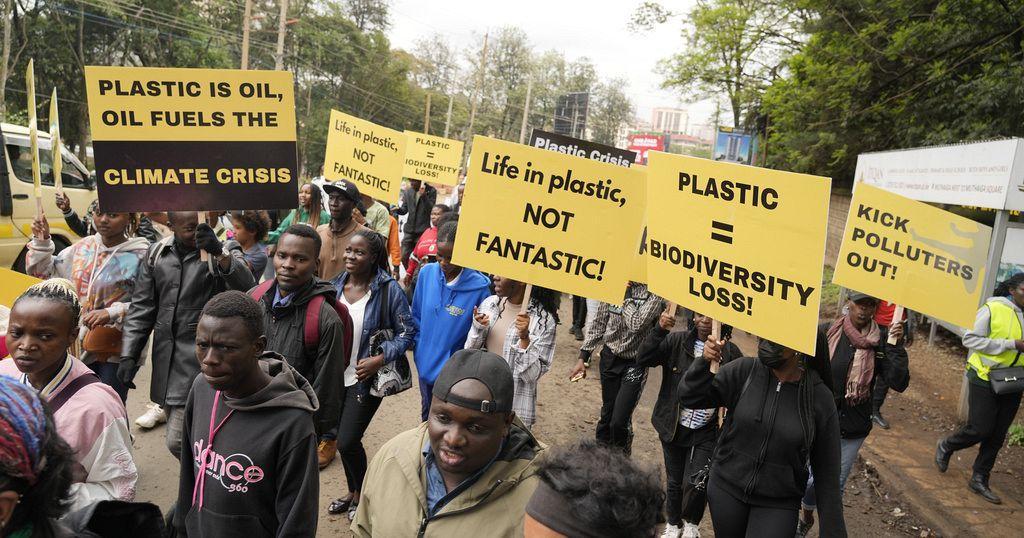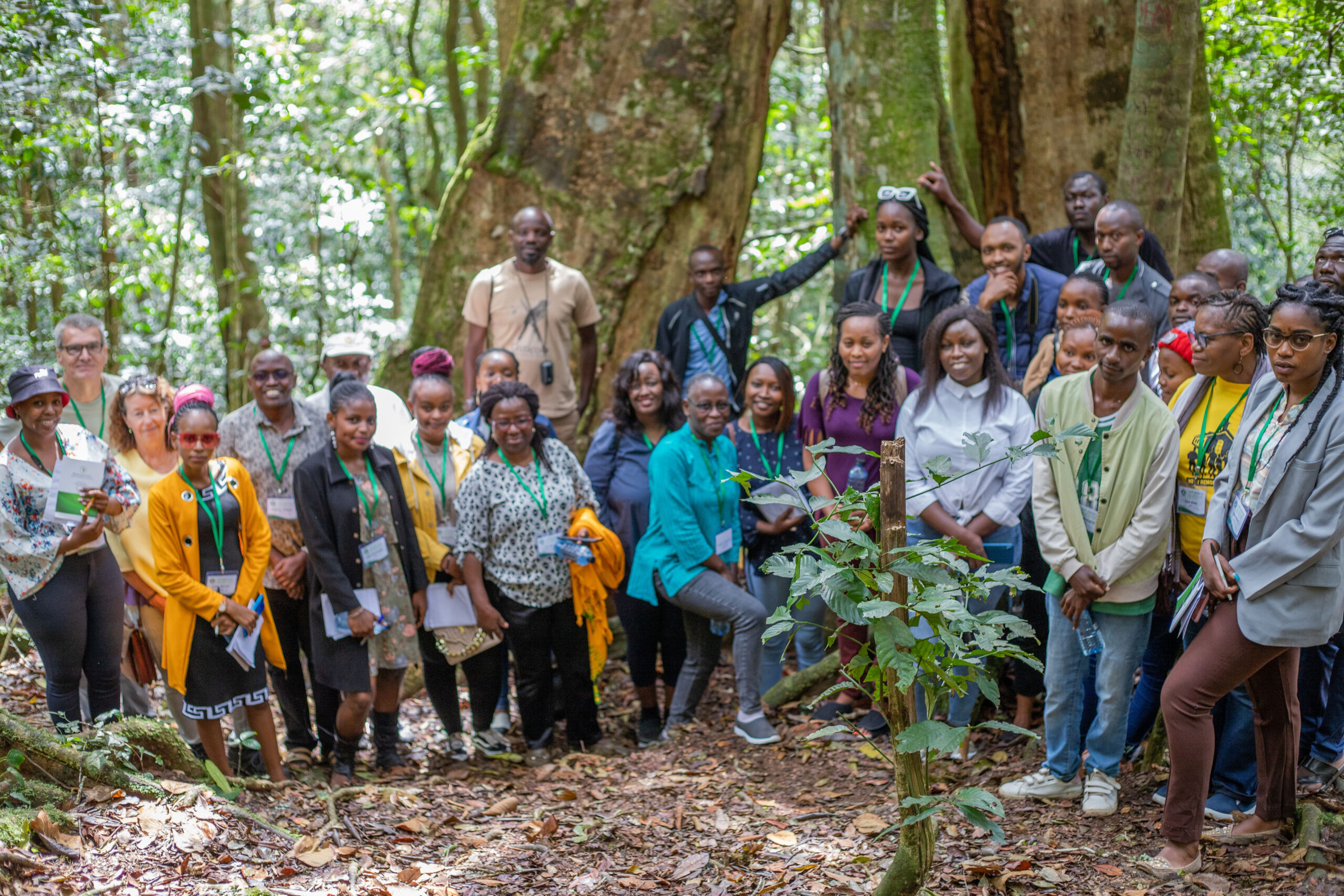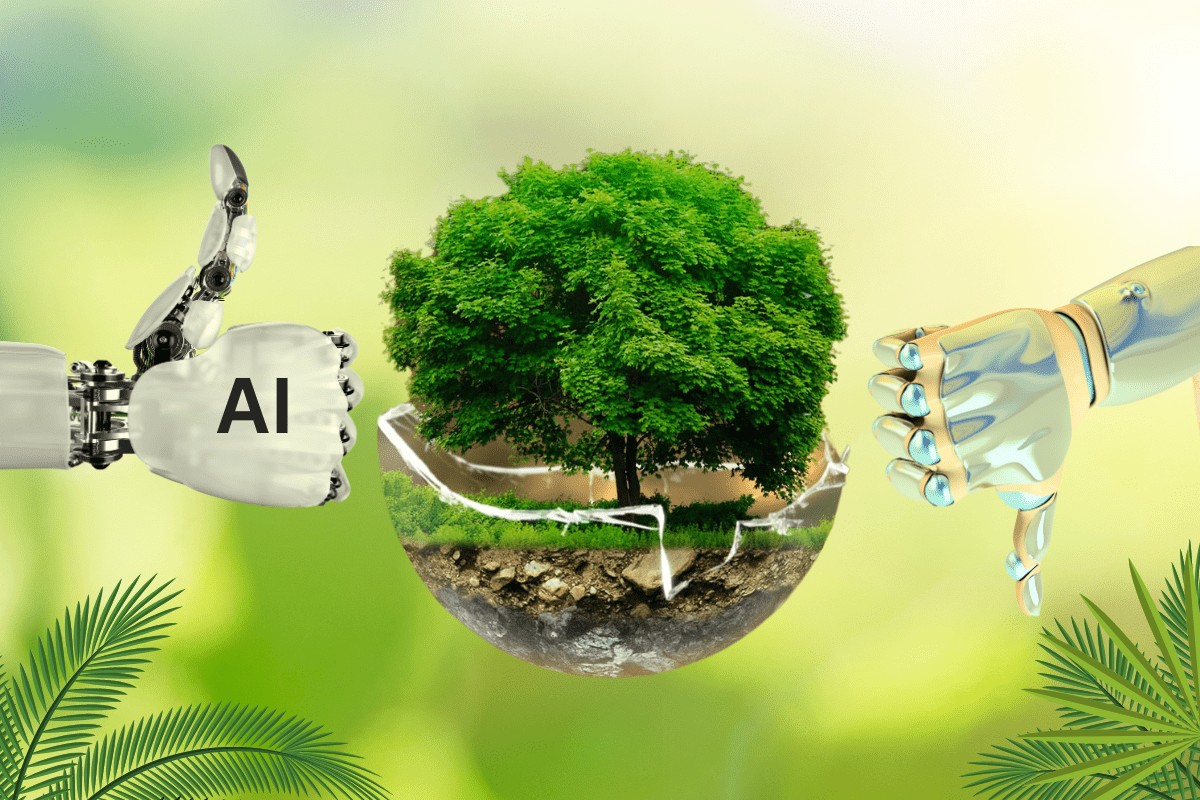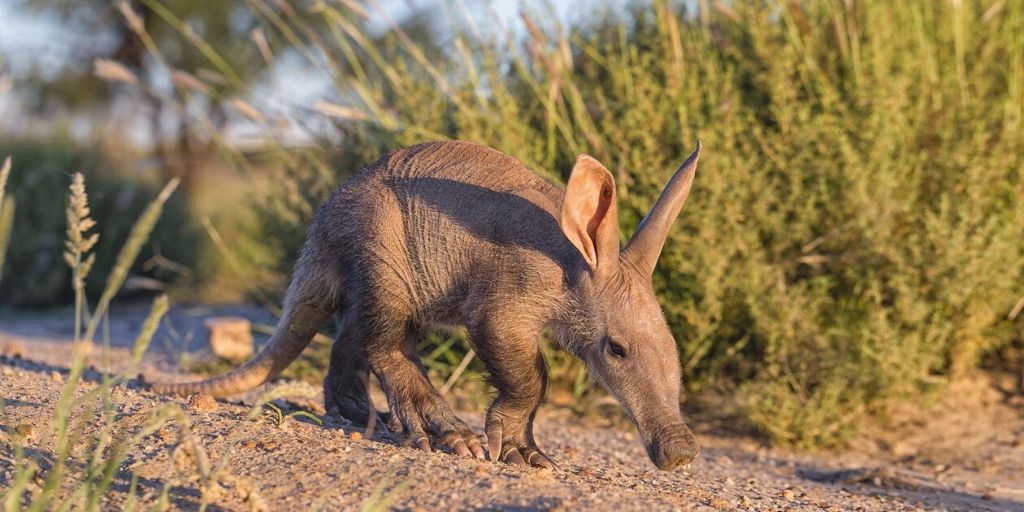- UNEP has recognized the power of youth to make a difference.
- Kenya has an important chance to learn from this example. If the country invests in building the skills and confidence of its youth, they can lead the way in areas like clean energy, regenerative farming, and protecting the natural environment.
"With half of the global population under 30, young people are not just inheriting the planet but actively driving the transition to a sustainable future," says the United Nations Environment Programme (UNEP).
UNEP has recognized the power of youth to make a difference. It has taken a deliberate approach to involve them through capacity building, opening doors to policymaking, and encouraging their participation in the fight for a climate-neutral, nature-positive, and pollution-free world.
As the agency charged with leading environmental efforts across the UN, UNEP has made it clear that lasting change cannot happen without the ideas, energy, and leadership of young people.
Kenya has an important chance to learn from this example. If the country invests in building the skills and confidence of its youth, they can lead the way in areas like clean energy, regenerative farming, and protecting the natural environment.
At the same time, young people should be encouraged to step into spaces where decisions are made so that their perspectives are not only heard but turned into real action.
Read More
It’s worth remembering that in Kenya, young people make up the largest segment of the population. That reality alone brings enormous potential. As climate change and pollution increasingly threaten lives and livelihoods, the time has come to see environmental stewardship not as an option but as a shared duty.
Across communities—whether in cities, small towns, or rural areas—more young Kenyans can start to see that protecting the land, air, and water that sustain everyone is a cause worth uniting around. The solutions do not have to be complicated. In fact, the most powerful changes often begin with simple acts repeated many times.
When young people join hands to plant trees, they are taking a step to heal the damage caused by years of deforestation. Those trees absorb carbon, shelter wildlife, protect soil, and help bring back more reliable rainfall.
Promoting clean energy is another essential part of the solution. As Kenya continues to grow, renewable options like solar and biogas can meet communities’ needs without adding to pollution.
Youth can be among the strongest champions for this shift by raising awareness, encouraging others to adopt new technologies, and even building businesses that make clean energy accessible.

Young Kenyans also have a vital role as educators and advocates. Whether speaking in schools, places of worship, or on digital platforms, they can show others how daily choices—like reducing plastic waste or conserving water—add up to meaningful impact.
There is strength in numbers. When young people embrace sustainable habits, they help make caring for the environment part of everyday life. And when they lead by example, they inspire families, neighbors, and leaders to do the same.
In many ways, their determination challenges older generations to rethink harmful practices and support policies that protect ecosystems for the long term. This moment is a chance to prove that when young people act, change follows.





-1752653071.png)
